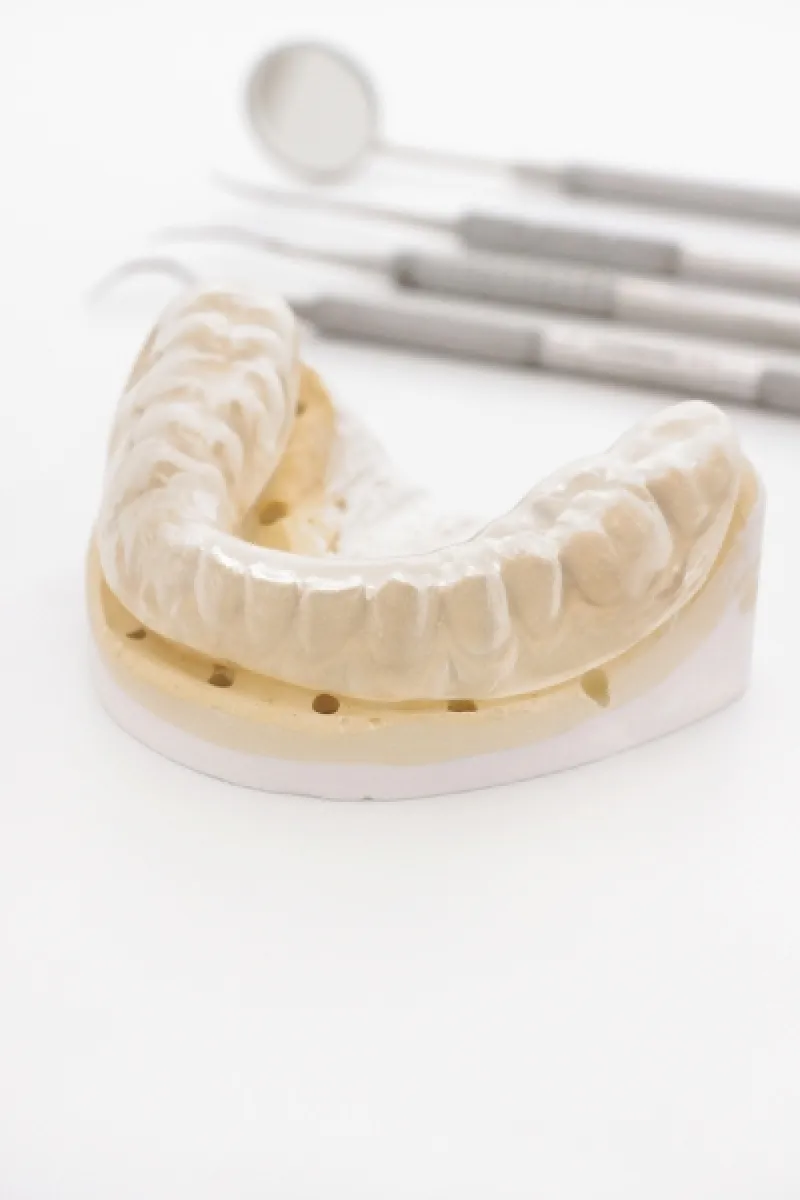April 27, 2015
On occasion, bruxism may result from another medical condition such as Parkinson's disease. It may also happen when the teeth erupt in poor formation and suffer from irregular misalignment. However, dentists note that this physical activity is often the side effect of emotional strain. People handle stress in a myriad of ways. Many times these coping mechanisms involve deliberate action, including exercise and meditation, to alleviate this negative emotion. In some cases, though, stress relief may present through the clenching and grinding of teeth during sleep. Bruxism occurs when these activities develop unconsciously as you slumber.
How Dentists Can Address Bruxism
Professional dental care is a key component of bruxism management. An activity that is done unconsciously can be a difficult one to control. As a result, your dentist must be made aware of your condition so that he can both stem your habit and address the damage that it may have already caused. Bruxism can wear down tooth enamel, and without intervention, you may continue to erode this important protective surface. Using a mouthguard on a nightly basis can prevent tooth-on-tooth abrasion. For the enamel erosion that has already taken place, your dentist might recommend dental crowns. Crowns can cover your natural teeth and strengthen them. Since thin enamel can make you more susceptible to tooth sensitivity and tooth decay, crowns can prove important for stopping both of these conditions. Lastly, should your dentist identify the warning signs of bruxism, he might discuss with you ways that you can lower your stress levels. Together, these efforts can minimize the complications of bruxism and help you retain a healthy smile.



